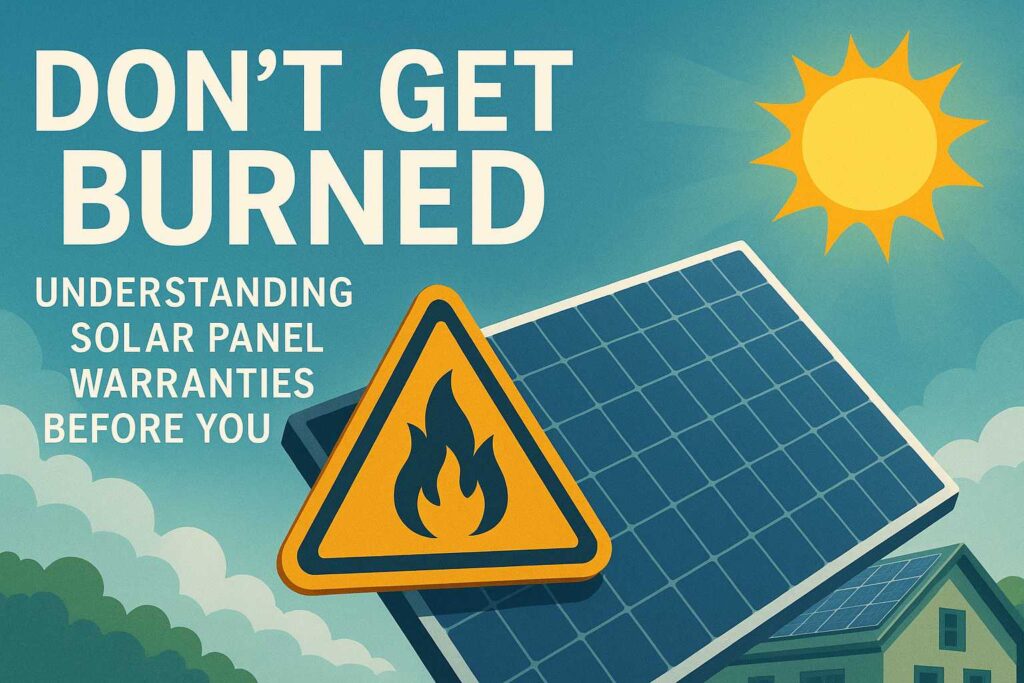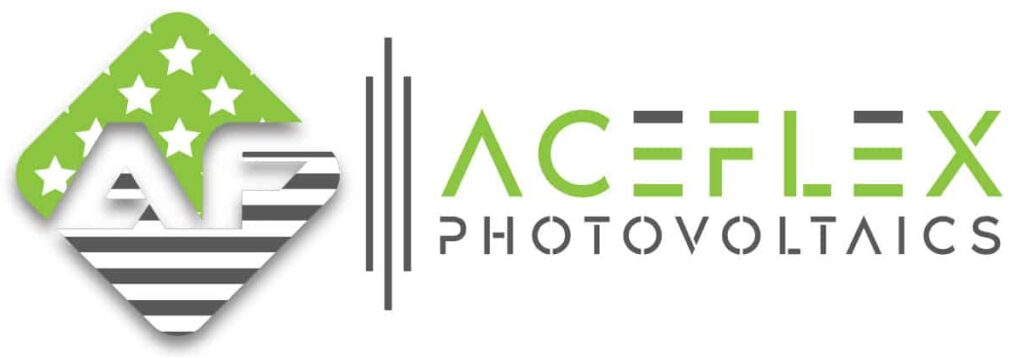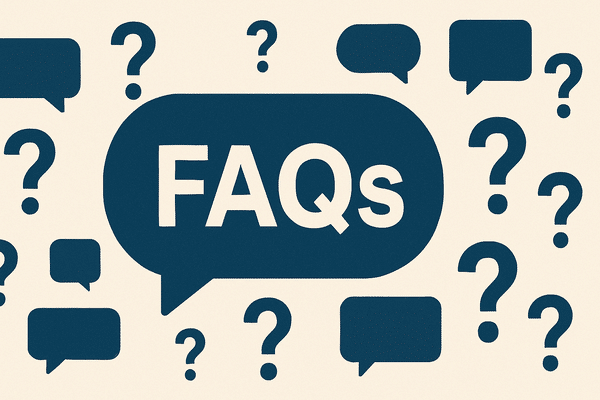📦 Fast Delivery – Order Now!
💸 Shop Safely – 100% Money-Back Guarantee
👨🔧 Lifetime Customer Support
📦 Fast Delivery – Order Now!
💸 Shop Safely – 100% Money-Back Guarantee
👨🔧 Lifetime Customer Support
The sun is an incredible source of clean, renewable energy, and more homeowners than ever are harnessing its power with solar panel installations. Investing in solar panels is a significant decision, offering long-term savings on electricity bills and a reduced carbon footprint. But like any major investment, it’s crucial to protect it. That’s where solar panel warranties come in. These often-overlooked agreements are your safeguard, ensuring your solar energy system performs as expected for years to come. In this guide, we’ll walk you through everything you need to know about solar panel warranties so you can make an informed purchase and enjoy peace of mind with your solar investment.
At their core, solar panel warranties are guarantees provided by the manufacturer or installer that protect your investment against defects, performance issues, and sometimes even installation errors. Think of them like an insurance policy for your solar energy system. Without proper warranty coverage, you could be left with expensive repairs or a system that doesn’t produce the power you were promised. These warranties are designed to give you confidence in the quality and longevity of your solar panels. Understanding the different types of solar panel warranties is key, as each covers a specific aspect of your solar array.
When you’re looking at solar panel warranties, it’s important to understand that not all guarantees are created equal. Typically, you’ll encounter a few distinct types, each covering different aspects of your solar investment. Knowing the difference between them is crucial for comprehensive protection.
This is the most straightforward type of solar panel warranty, covering the physical panel itself. Think of it as a manufacturer’s guarantee against defects in materials and workmanship. If a panel fails due to a manufacturing flaw, or if it experiences issues like delamination, this warranty should cover its repair or replacement. Standard product warranties usually last for 10 to 12 years, though some premium manufacturers offer longer terms. It’s important to read the fine print to understand what conditions might void this warranty, such as improper installation or unapproved modifications.
Perhaps the most critical for your long-term savings, the performance warranty guarantees that your solar panels will produce a certain percentage of their rated power over time. Solar panels naturally degrade a tiny bit each year, meaning their power output will slightly decrease. A typical performance warranty will guarantee that your panels will produce, for example, 90% of their original output after 10 years and 80% after 25 years. If your panels fall below these guaranteed thresholds, the manufacturer is obligated to address the issue, which could involve replacing the underperforming panels. This warranty directly protects your financial return on investment by ensuring your system generates the expected amount of electricity for decades.
Unlike the product and performance warranties, which come from the panel manufacturer, the workmanship or installation warranty is provided by your solar installer. This warranty covers the quality of the installation itself, including the mounting of the panels, the electrical wiring, and any roof penetrations. If you experience issues like leaks around the mounting hardware or electrical problems related to the installation, this is the warranty that protects you. The length of these warranties can vary significantly, typically ranging from 2 to 10 years, depending on the installer. It’s vital to choose a reputable installer with a strong workmanship warranty, as a poorly installed system can lead to costly problems regardless of how good your panels are.

Understanding the different types of solar panel warranties is just the first step. To truly protect your investment, you need to dig a little deeper into the specifics of each warranty. Here’s what to look for:
When you install solar panels, you’re not just buying equipment; you’re investing in a long-term energy solution for your home. This is precisely why robust solar panel warranties are so critical. They are the bedrock of your peace of mind and the safeguard for your financial return.
Firstly, strong warranties offer long-term financial security. Solar panels are designed to last for decades, and a comprehensive performance warranty ensures that your system will continue to generate the expected power, and thus the expected savings, for 25 years or more. Without it, you could face unexpected drops in energy production, directly impacting your utility bills and eroding your investment’s value.
Secondly, they provide protection against unforeseen issues. Manufacturing defects, premature degradation, or installation errors, while rare, can happen. A solid product and workmanship warranty means you won’t be on the hook for expensive repairs or replacements that are not your fault. This dramatically reduces your risk and protects your initial outlay.
Finally, a transferable solar panel warranty can significantly increase your home’s resale value. Potential buyers will see the remaining warranty as a valuable asset, knowing their future energy savings are protected. This makes your property more attractive and can lead to a quicker, more profitable sale. Ultimately, good solar panel warranties aren’t just about covering problems; they’re about maximizing the benefits and minimizing the risks of your transition to clean energy.

✅ High efficiency for max power output (550W)
✅ Durable monocrystalline design for long-term performance
✅ Sturdy silver frame for enhanced stability
At our online shop, we understand that investing in solar is a long-term commitment. That’s why we select solar panels from manufacturers renowned not just for their efficiency and durability, but also for their warranties. We prioritize partners who offer industry-leading product and performance guarantees, ensuring you’re protected for decades to come. To make your decision easier, we provide detailed warranty information for every solar module directly within its product description. Additional warranty details can often be found in the accompanying datasheet.
When you choose us, you’re not just getting high-quality solar solutions. You’re also getting the assurance that your investment is backed by comprehensive coverage and supported by companies with a proven track record of honoring their commitments. We believe in transparency and stand ready to help you understand the specifics of each panel’s warranty before you make a purchase.

Understanding solar panel warranties can seem complex, but it’s an essential step in securing your solar energy future. At our shop, we make it simple to choose panels backed by the best warranties in the business.
In the journey toward a sustainable future, installing solar panels is a significant and rewarding step. However, the true value of your investment extends beyond the initial installation; it lies in the long-term performance and reliability of your system. This is precisely why comprehending and prioritizing robust solar panel warranties is so vital. They are your safeguard, protecting you from unforeseen issues and ensuring your solar array continues to deliver power for decades. By focusing on comprehensive product, performance, and workmanship warranties, you’re not just buying panels. You’re securing peace of mind and maximizing the substantial benefits of solar energy for your home.

A product warranty typically covers defects in the materials and workmanship of the solar panel itself. It guarantees that the panel will be free from manufacturing flaws for a specified period (often 10-12 years).
A performance warranty guarantees that the solar panel will produce a certain percentage of its rated power output over time (typically 25 years). It accounts for the natural degradation of the panel’s performance.
Product warranties usually range from 10 to 12 years, but some premium brands offer longer coverage, even up to 25 years. Performance warranties are typically for 25 years. Workmanship warranties from installers can vary, often between 2 to 10 years.
Yes, high-quality solar panels are designed to last for 25 to 30 years or even longer. While their power output may slightly decrease over time (a process called degradation), they are built to withstand various weather conditions and continue producing electricity efficiently for decades. Many manufacturers offer 25-year performance warranties as a testament to their longevity.
Many reputable solar panel manufacturers offer 25-year performance warranties as a standard. Some premium brands also offer 25-year product (material and workmanship) warranties. You’ll find panels with 25-year performance warranties from leading brands in the industry. It’s always best to check the specific product description and datasheet for each panel to confirm its warranty details.
“Best” can be subjective, but generally, the best solar panel warranties combine:
When choosing, look for manufacturers known for quality and customer service, as they are more likely to stand behind their products for the long term.
Common reasons a solar panel warranty might be voided include:
Always review the specific terms and conditions of your warranty for a comprehensive list.
Solar panels are remarkably low-maintenance. The primary maintenance required is occasional cleaning to remove dirt, dust, leaves, or bird droppings that might obstruct sunlight and reduce efficiency. In most areas, rain is sufficient to keep them clean. In dry or dusty regions, or if you notice a drop in performance, a gentle rinse with water from a hose may be beneficial. Regular inspections (e.g., once a year) by a professional can also help identify any potential issues early.
High-quality solar panels are designed to be extremely durable and can withstand significant impacts, including most hail. They undergo rigorous testing to meet industry standards for impact resistance. While small hail typically poses no threat, extremely large or unusually dense hailstones, especially those accompanied by high winds, could potentially cause damage. In such rare cases, your homeowner’s insurance policy often covers the damage.
Yes, installing solar panels generally increases a home’s value. Studies have shown that homes with solar energy systems sell for more and often sell faster than comparable homes without solar. The increase in value is often attributed to the reduced electricity costs, environmental benefits, and the long-term energy independence that solar provides, especially when backed by strong solar panel warranties.
Many solar panel warranties, especially the product and performance warranties, are transferable to new homeowners. This can be a significant selling point for your property. However, it’s crucial to check the specific terms of your warranty to understand the transfer process and any associated fees or requirements.
If you believe you have a warranty issue, your first step should be to contact either the solar panel manufacturer or the installer, depending on the nature of the problem (product/performance vs. workmanship). Be prepared to provide documentation such as:
Follow the claims process outlined by the manufacturer or installer.
Homeowner’s insurance may cover certain types of damage to your solar panels that are not covered by the manufacturer’s warranty, such as damage from severe weather events (e.g., hurricanes, tornadoes) or vandalism. It’s advisable to review your homeowner’s insurance policy to understand its coverage of solar panels.
Strong solar panel warranties provide crucial peace of mind and protect your significant investment in solar energy. They offer financial security against potential defects, performance decline, and installation errors. A good warranty can save you substantial costs on repairs or replacements over the lifespan of your solar system and can also enhance your home’s resale value.
AceFlex is one of the leading online retailers of renewable energy products and offers a wide range of solar products. We work with well-known manufacturers and wholesalers and can offer you cost-effective products in the field of photovoltaics so that you too can contribute to the energy transition.
Looking for an experienced team for planning your photovoltaic system without the hassle of doing it yourself? We are your trusted partner, offering comprehensive nationwide solutions. We provide expert consultation and supply of both photovoltaic systems and storage units tailored to your specific needs.
© 2025 Aceflex All Rights Reserved. Design by Media Pantheon, Inc.